A report outlining the first learnings from the implementation of ATA-C in Bolivia
All Resources
Showing 251 - 260 of 456
Results are ordered by date, with most recent published resources shown first.
Use the other filters to customize your search.
Results are ordered by date, with most recent published resources shown first.
Use the other filters to customize your search.
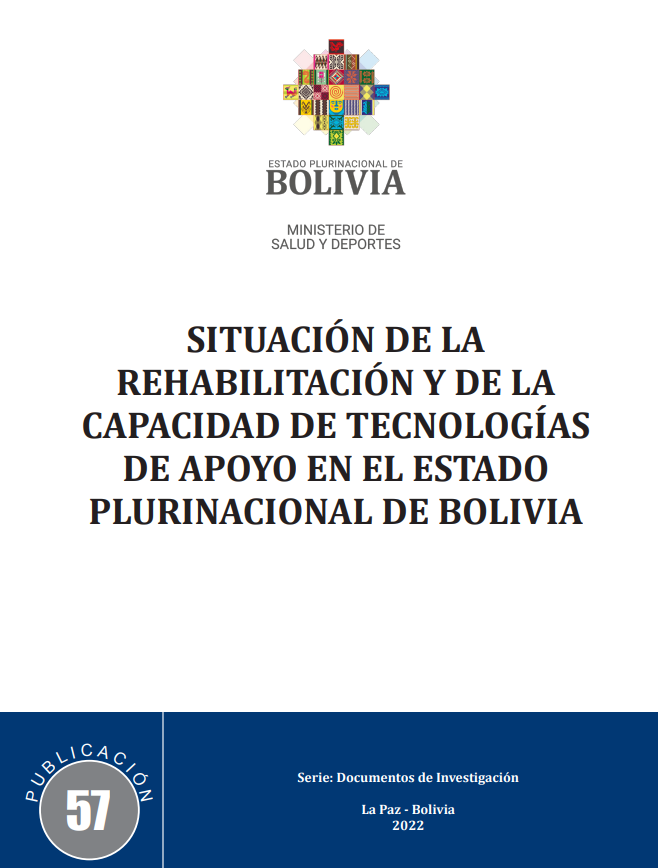
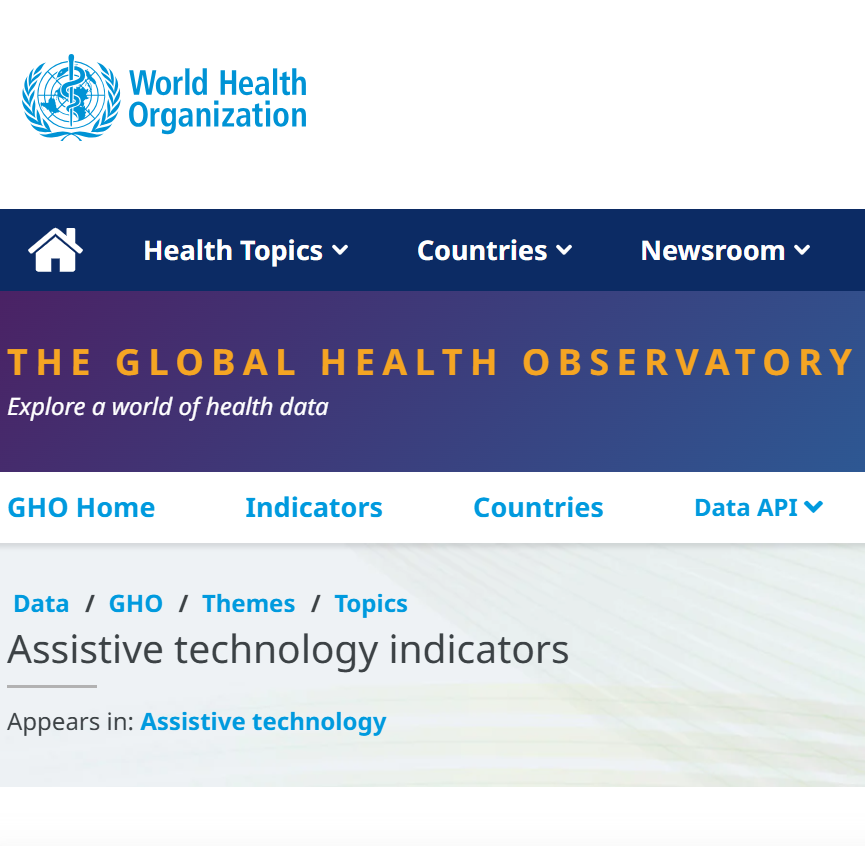
The 71st World Health Assembly (WHA) adopted resolution WHA71.8 on 26 May 2018. It urges all Member States to take action to improve access to assistive technology. Among others, the resolution requests WHO to prepare the Global Report on access to Assistive Technology (GReAT) based on the best available scientific evidence and international experience. It also…
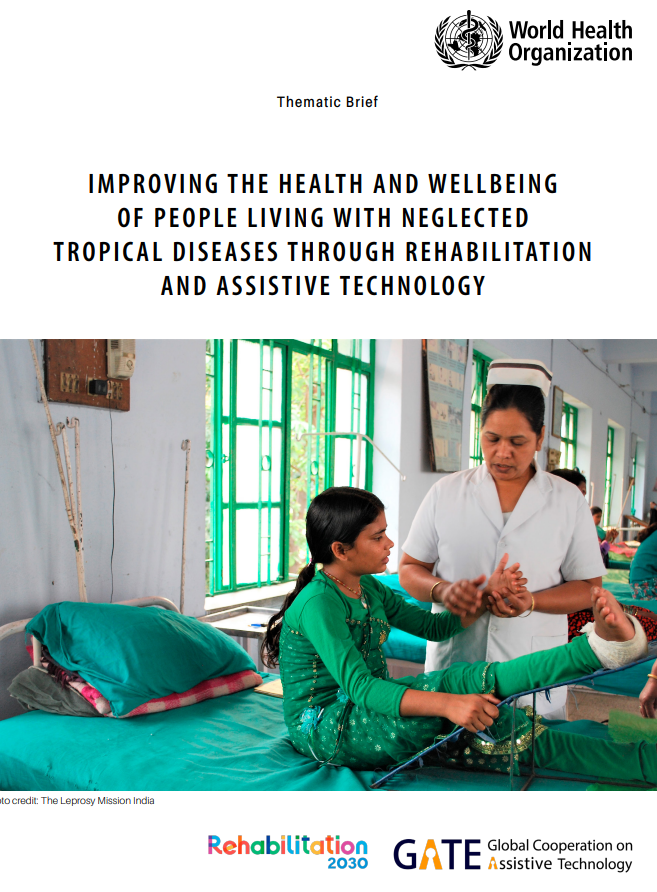
The purpose of this publication is to highlight the unmet need for rehabilitation and assistive technology for persons living with neglected tropical diseases, and provide recommendations for improving access to services through an integrated service delivery model.
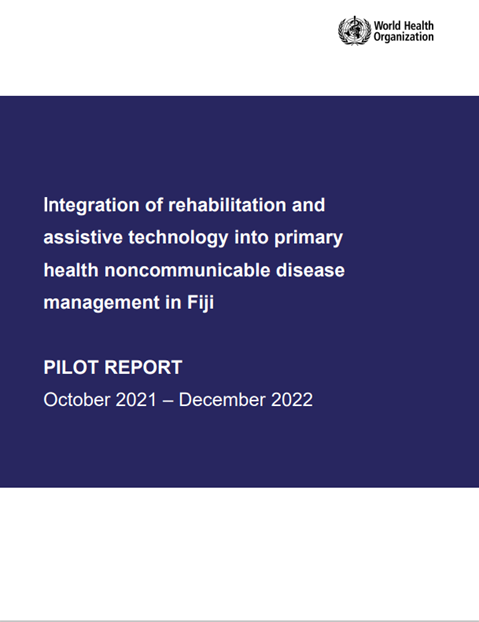
This reports on a project that was implemented during 2022 in collaboration with the Fiji Ministry of Health and Medical Services and with the support of the WHO Fiji Country Office.
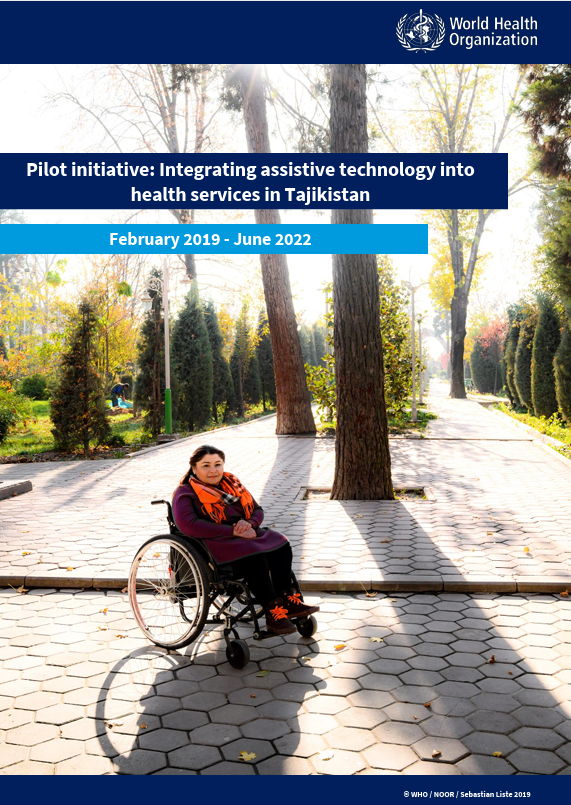
In response to the identified need to strengthen Tajikistan's assistive technology sector, aligned with the Tajikistan National Programme on Rehabilitation of Persons with Disabilities (2017-2020) WHO supported the goverment to pilot an initiative.
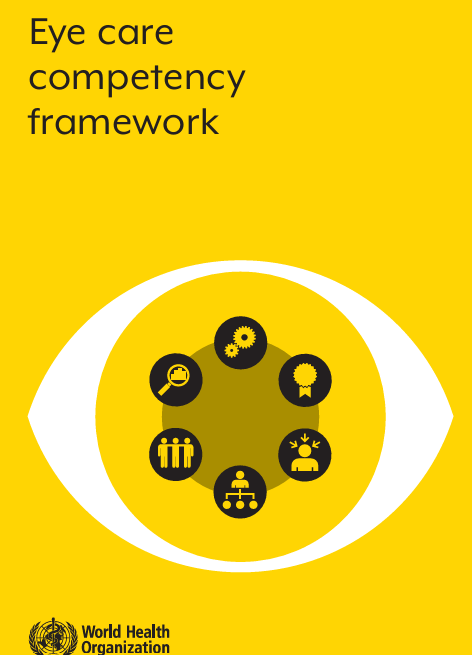
The WHO Eye care competency framework (ECCF) is a tool that will provide a set of global comprehensive competencies and activities. This tool will enable planning and development of eye care workforce to be aligned to a recognized standard of competencies and activities and will assist with maintaining an effective eye care workforce in terms of composition, …
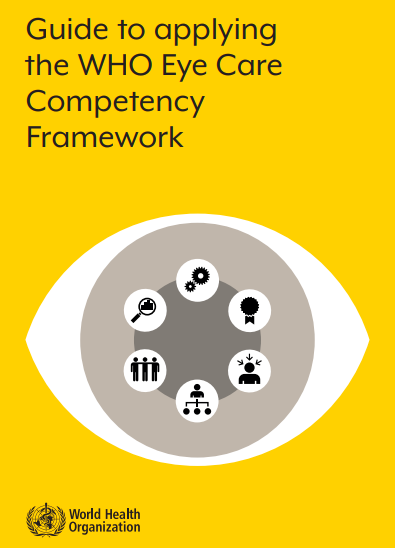
This accompanying guide to the WHO ECCF provides a step-by-step approach on how users can adapt and use the ECCF in their context. Additionally, it guides users to develop their own competency framework and/or competency-based curricula for their setting. Four case studies are included in the guide to assist users understand the application of the ECCF in different…
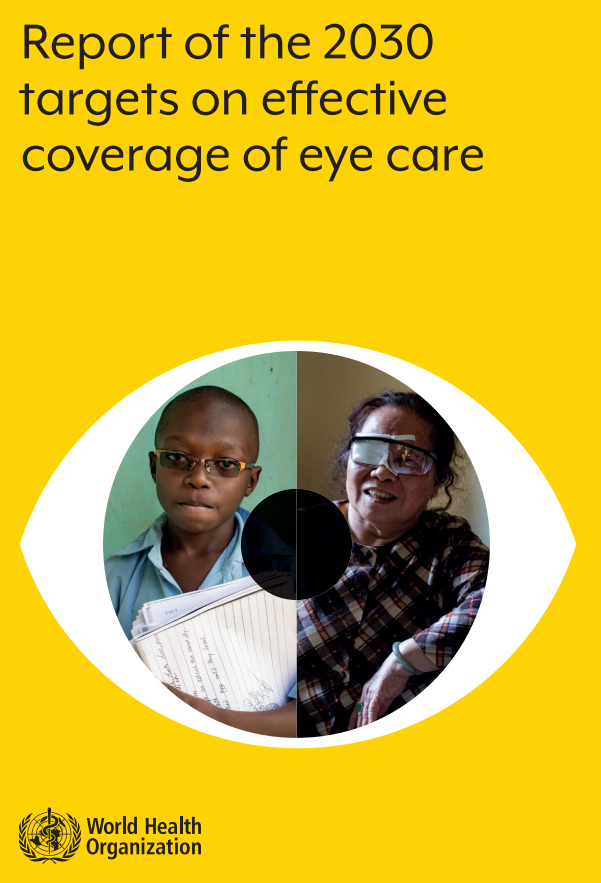
The Report of the 2030 targets on effective coverage of eye care intends to serve as a reference point to commence monitoring progress towards the 2030 global targets that were endorsed by Member States at the 74th World Health Assembly. This report draws on key results from a comprehensive analysis of population-based eye health surveys and includes estimates of…
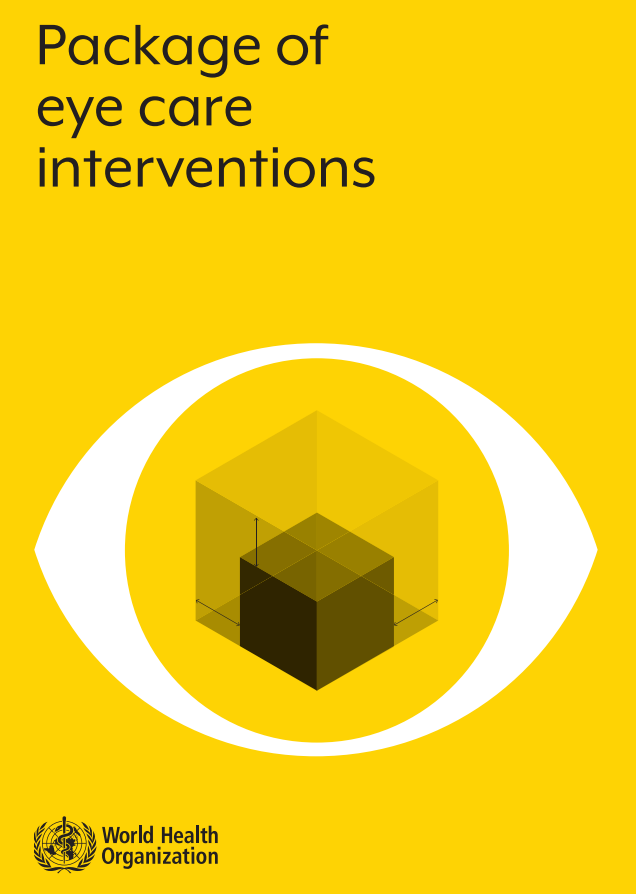
At the Seventy-third World Health Assembly in November 2020, WHO Member States adopted resolution WHA73 “Integrated people-centred eye care, including preventable vision impairment and blindness”. In recognition of the growing need for eye care services worldwide, the resolution requests 1WHO to “develop guidance on evidence-based and cost–effective eye care…
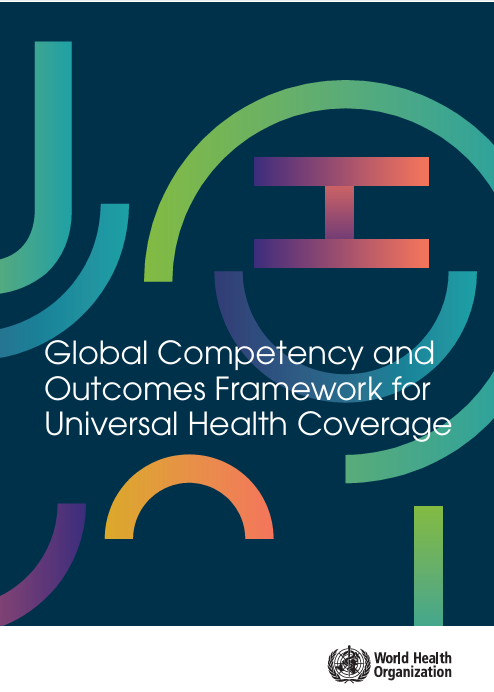
The goal of this Global Competency and Outcomes Framework for UHC is to advance improvements in health and progress towards UHC through aligning health worker education approaches with population health needs and health system demands. More specifically, the primary objective of this document is to provide guidance for the specification of pre-service and in-service…
